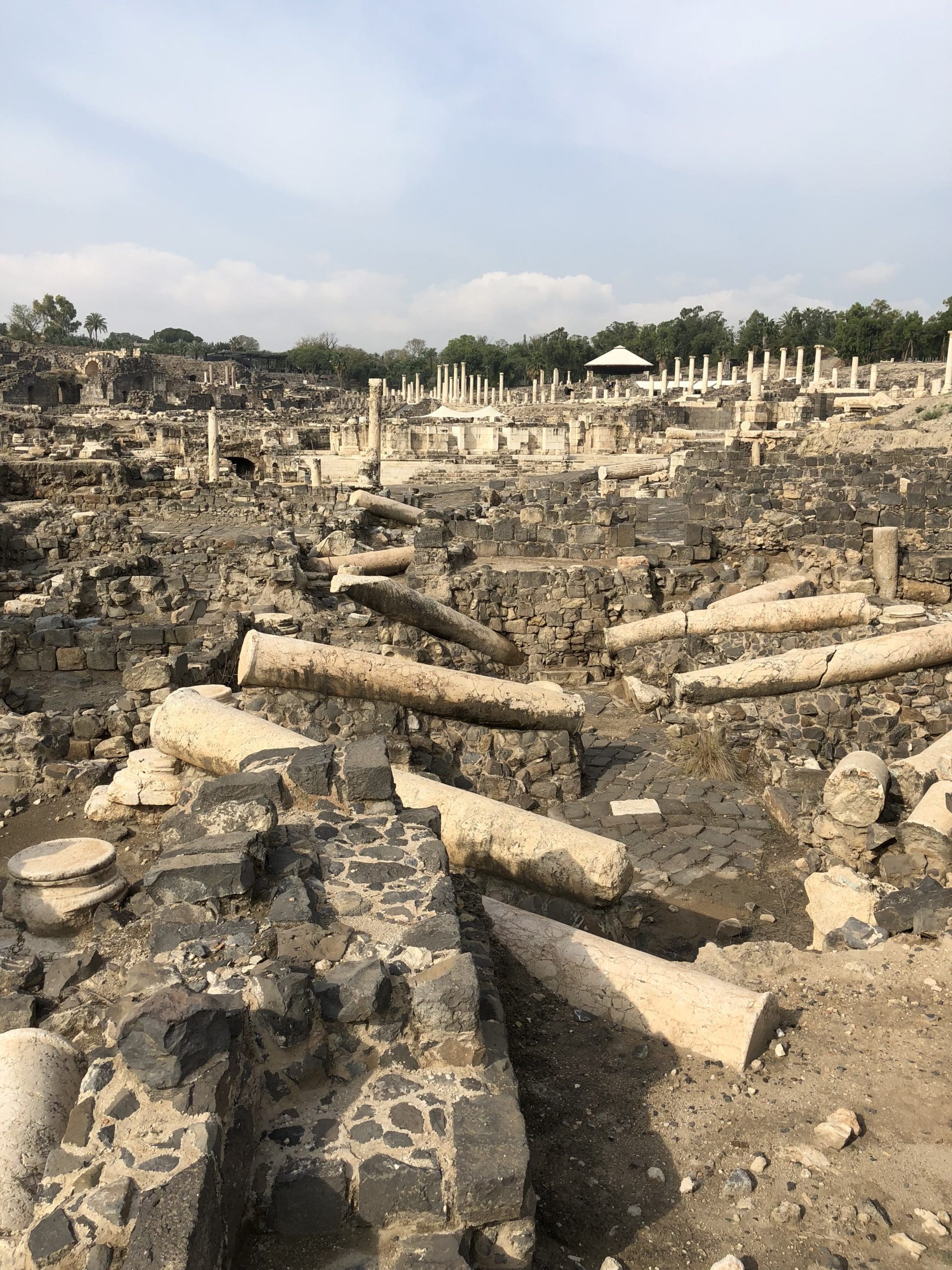Governments are instituted among men, the Declaration of Independence correctly notes in order to secure our inalienable rights. Too often, of course, men (and women) end up creating (or tolerating) a government destructive to those purposes.
It shouldn’t surprise us God had some very strong recommendations for His people about how to correctly institute government. For starters, He gave them what we would recognize as a highly decentralized system – no king or other “leader.” The people were to be self-governing under the framework of laws He provided them as their eternal King. Disputes were handled communally, by judges who everyone recognized as wise and impartial.
To say this made Israel unique would be a vast understatement. Every other nation-state was led by a king – often one with delusions of divinity and a dictatorial bent.
They were a self-governing people for 400 years before the Israelites looked around and saw they were different. So they demanded of their most popular judge and prophet the appointment of a king; they rejected God. They knew a king would tax them, send their boys into unnecessary wars and their daughters into servitude. But they wanted a king, anyway.
And so they got Saul, perhaps the most tragically self-destructive man in the Old Testament. He was sure he was God’s gift to Israel, and he delivered as king exactly as advertised: taxes, wars, and a shift of culture followed quickly. Whatever good intentions Saul might have had were overwhelmed by the corrupting nature of power. It’s not so much that he was a bad king, it is that Saul was a king competing against God.
Yet Saul wasn’t killed in a palace coup; h was the victim of his own wars. He either committed suicide to avoid capture by Israel’s enemies (1 Samuel 31), or he was slain by an opportunistic foreigner (2 Samuel 1). However he met his fate, the bodies of King Saul and his sons were retrieved by the Philistines and hung from the walls of Beit She’an in shame.
Saul no doubt envisioned himself a wise and benevolent man who possessed the wisdom to lead Israel despite God’s warnings. Saul certainly never imagined his own corpse ignobly strung up like the hide of an animal. The walls of Beit She’an still stand, while Saul’s memory lasts only as a cautionary tale.
We reject the gift of self-governance at our own peril, and the peril of those we would puff up as monarchs. Good intentions – theirs or ours – are no match for God’s provisions. There can be no “good government” apart from self-governance.





